Toronto, the city where the CN Tower pierces the sky and the streets hum with the rhythms of over 200 languages, is often called the "New York City of Canada." But is it truly a top city? Renowned urbanist Richard Florida has long championed Toronto as a global hub of creativity and innovation. Meanwhile, journalist Doug Saunders has explored how its multicultural fabric makes it a model for the world. Even Malcolm Gladwell, the bestselling author, has weighed in, calling Toronto a city that "gets it right." But what does "getting it right" really mean? Is it the bustling economy, the cultural mosaic, or the sheer livability that makes Toronto stand out? Or is it something deeper, something that even the most glowing praise can’t quite capture? Let’s peel back the layers of this vibrant metropolis and see what makes it tick—and where it stumbles.
Cultural Diversity and Inclusivity
Toronto isn’t just a city; it’s a global village. Over half of its residents were born outside Canada, making it one of the most multicultural cities in the world. Walk down the streets of Kensington Market, and you’ll hear a symphony of languages, from Mandarin to Punjabi to Portuguese. This diversity isn’t just a statistic—it’s woven into the city’s DNA. Neighborhoods like Chinatown, Little Italy, and Greektown aren’t just tourist attractions; they’re living, breathing communities that celebrate their heritage while contributing to Toronto’s unique identity.
But it’s not just about food festivals and cultural parades. Toronto’s inclusivity is reflected in its policies and community initiatives. The city has long been a haven for immigrants, offering programs to help newcomers settle and thrive. Organizations like the Toronto Newcomer Services provide resources ranging from job training to language classes. This commitment to inclusivity has earned Toronto a reputation as a welcoming city, a place where people from all walks of life can find a home.
Yet, inclusivity isn’t just about policies—it’s about the everyday interactions that make life in Toronto special. Whether it’s a Sikh temple opening its doors to all during a festival or a mosque hosting interfaith dialogues, the city’s communities are constantly finding ways to bridge divides. This spirit of unity is what makes Toronto not just a top city, but a model for the world. But as we’ll see, even a city as vibrant as Toronto has its challenges.
Economic Opportunities
Toronto isn’t just a city; it’s an economic powerhouse. Known as Canada’s financial hub, it’s home to the TD Bank, RBC, and other major corporations that keep the economy buzzing. But it’s not all suits and ties—Toronto’s tech scene is exploding. Companies like Shopify and Wealthsimple are putting the city on the map as a global tech player. If you’re looking for a job, Toronto’s got you covered. From finance to tech, the opportunities are endless.
But wait, there’s more! Toronto is also a haven for entrepreneurs. With startup incubators like MaRS Discovery District and co-working spaces like WeWork, the city is a breeding ground for innovation. The government is also in on the action, offering grants and support for small businesses. So, whether you’re a corporate climber or a startup dreamer, Toronto’s got something for you. Just don’t forget to grab a coffee from Tim Hortons on your way to work—it’s practically a rite of passage.
Quality of Life
Living in Toronto isn’t just about work; it’s about enjoying life. The city boasts world-class healthcare facilities like University Health Network and top-tier universities such as the University of Toronto. Whether you’re studying or seeking medical care, you’re in good hands. And let’s not forget the education system—Toronto’s schools are some of the best in the country, making it a great place to raise a family.
But it’s not all about work and school. Toronto is a city that knows how to have fun. With parks like High Park and trails along the Waterfront, there’s no shortage of green spaces to explore. Whether you’re into jogging, biking, or just lounging in the sun, Toronto’s got you covered. And if you’re a sports fan, you can catch a game with the Maple Leafs or the Blue Jays. So, whether you’re a nature lover or a sports enthusiast, Toronto offers a quality of life that’s hard to beat.
Urban Challenges
While Toronto shines in many areas, it’s not without its struggles. The city faces significant challenges that impact the daily lives of its residents. From housing affordability to traffic congestion, these issues require innovative solutions to ensure Toronto remains a top city for everyone.
Housing Affordability
One of the most pressing issues in Toronto is housing affordability. The city’s real estate market has seen skyrocketing prices, making it increasingly difficult for many residents to buy or rent homes. According to a Canada Mortgage and Housing Corporation report, the average home price in Toronto has more than doubled in the past decade. Renters aren’t faring much better, with rental prices climbing steadily. This has led to a growing affordability crisis, pushing many residents to the outskirts of the city or even out of the Greater Toronto Area (GTA) entirely.
Several factors contribute to this issue:
- High Demand: Toronto’s population is growing rapidly, driven by immigration and domestic migration.
- Limited Supply: New housing developments aren’t keeping pace with demand, especially for affordable units.
- Investor Activity: Speculative buying by investors has driven up prices, making it harder for first-time buyers to enter the market.
Addressing this crisis will require bold policies, such as increasing the supply of affordable housing, implementing rent control measures, and incentivizing developers to build more family-friendly units.
Traffic and Public Transit
Another major challenge is traffic congestion and public transit inefficiencies. Toronto’s roads are often gridlocked, especially during rush hours, leading to longer commute times and increased frustration for drivers. The city’s public transit system, operated by the Toronto Transit Commission (TTC), struggles to keep up with the growing population. Delays, overcrowding, and aging infrastructure are common complaints among commuters.
Key issues include:
- Overcrowding: Subway lines and buses are often packed, especially during peak hours.
- Infrastructure Gaps: Some areas of the city lack adequate transit options, forcing residents to rely on cars.
- Funding Shortfalls: Limited funding has delayed critical upgrades and expansions to the transit network.
To tackle these challenges, the city is investing in projects like the Ontario Line and expanding bus rapid transit (BRT) routes. However, more needs to be done to create a seamless and efficient transit system that meets the needs of all residents.
Global Competitiveness
Toronto’s global reputation is undeniable. The city consistently ranks highly in global livability and competitiveness indices, attracting talent, businesses, and tourists from around the world. But what exactly makes Toronto a global powerhouse, and where does it need to improve to maintain its standing?
Toronto on the World Stage
Toronto is often compared to other major global cities like New York, London, and Sydney. It’s a hub for finance, technology, and culture, offering a high quality of life and diverse opportunities. According to the Economist Intelligence Unit’s Global Liveability Index, Toronto consistently ranks among the top 10 most livable cities in the world. Its strengths include:
- Economic Powerhouse: Home to Canada’s largest stock exchange and major corporations like RBC and TD Bank.
- Cultural Hub: Hosts world-class events like the Toronto International Film Festival (TIFF) and Pride Toronto.
- Education and Innovation: Boasts top universities like the University of Toronto and a thriving startup ecosystem.
Room for Improvement
Despite its strengths, Toronto faces challenges that could hinder its global competitiveness. Housing affordability and traffic congestion are two major issues, as discussed earlier. Additionally, the city must address:
- Income Inequality: The gap between the rich and poor is widening, threatening social cohesion.
- Climate Resilience: As climate change intensifies, Toronto must invest in sustainable infrastructure and green initiatives.
- Global Competition: Other cities are investing heavily in innovation and infrastructure, making it harder for Toronto to stand out.
By addressing these challenges, Toronto can continue to thrive as a global leader and maintain its reputation as one of the world’s top cities.
AI Solutions: How Could AI Help?
Artificial Intelligence (AI) has the potential to revolutionize Toronto’s urban landscape by addressing some of its most pressing challenges. From housing affordability to traffic congestion, AI can provide innovative solutions that improve the quality of life for residents while ensuring the city remains competitive on the global stage. Here’s how AI could transform Toronto:
Housing Affordability
Toronto’s skyrocketing housing prices have made it increasingly difficult for residents to afford homes. AI can play a pivotal role in addressing this issue by optimizing land use and predicting housing demand. For instance, AI algorithms can analyze vast datasets to identify underutilized land and recommend zoning changes that maximize housing density. Additionally, predictive models can forecast future housing needs based on population growth, economic trends, and migration patterns, enabling policymakers to make informed decisions. Companies like Zillow are already using AI to predict housing market trends, and similar technologies could be implemented in Toronto.
Traffic Management
Traffic congestion is a daily headache for many Torontonians. AI-powered traffic management systems can significantly reduce congestion by optimizing traffic light timings, rerouting vehicles in real-time, and predicting traffic hotspots. For example, Waymo’s autonomous vehicles use AI to navigate complex traffic scenarios, and similar technologies could be integrated into Toronto’s public transit and traffic systems. AI can also enhance public transit efficiency by predicting demand and optimizing routes, ensuring that buses and trains run on time and at full capacity.
Sustainability
As a global leader, Toronto has a responsibility to prioritize sustainability. AI can monitor and optimize energy usage, waste management, and green initiatives across the city. For instance, AI-powered smart grids can balance energy supply and demand, reducing waste and lowering carbon emissions. Additionally, AI can analyze waste collection data to optimize routes and schedules, ensuring that garbage and recycling are collected efficiently. Companies like Veolia are already using AI to improve waste management, and Toronto could adopt similar technologies to enhance its sustainability efforts.
Public Services
AI can also enhance public services such as healthcare, education, and emergency response. In healthcare, AI-powered diagnostic tools can analyze medical data to detect diseases early and recommend personalized treatment plans. In education, AI can provide personalized learning experiences for students, ensuring that they receive the support they need to succeed. In emergency response, AI can analyze data from sensors and social media to predict and respond to crises in real-time. For example, IBM’s Watson Health is already using AI to improve healthcare outcomes, and similar technologies could be implemented in Toronto.
Action Schedule/Roadmap (Day 1 to Year 2)
To implement these AI solutions, Toronto must follow a detailed roadmap that outlines key milestones and responsibilities. Here’s a tentative schedule:
- Day 1: Assemble a task force of urban planners, AI experts, and policymakers. Key stakeholders include representatives from the City of Toronto, University of Toronto, and leading AI companies like DeepMind.
- Week 1: Conduct a city-wide assessment of housing, traffic, and public services. Use AI to analyze data and identify key areas for improvement.
- Month 1: Develop AI models for housing demand prediction and traffic optimization. Collaborate with companies like Sidewalk Labs to design and test these models.
- Month 2: Pilot AI-powered traffic management systems in high-congestion areas. Use data from the pilot to refine the models and ensure they are effective.
- Year 1: Implement AI-driven housing policies and expand public transit networks. Work with developers to build affordable housing and integrate AI into transit systems.
- Year 1.5: Launch city-wide sustainability initiatives using AI. Partner with companies like Siemens to implement smart grids and optimize waste management.
- Year 2: Evaluate the impact of AI solutions and refine strategies for long-term success. Use data and feedback from residents to ensure that the solutions are meeting their needs.
Toronto’s Future: A City Transformed by AI
Toronto’s status as a top city is undeniable, thanks to its cultural diversity, economic opportunities, and quality of life. However, challenges like housing affordability and traffic congestion require innovative solutions. By leveraging AI, Toronto can address these issues and continue to thrive as a global leader. The roadmap outlined above provides a clear path forward, but success will depend on collaboration between government, industry, and academia. As Toronto embraces AI, it has the potential to become a model for other cities around the world, demonstrating how technology can be used to create a more livable, sustainable, and inclusive urban environment. The future of Toronto is bright, and AI will play a key role in shaping it.
Frequently Asked Questions (FAQ)
Q1: What makes Toronto a top city?
A: Toronto’s cultural diversity, economic opportunities, and high quality of life make it a top city. With over half of its population born outside Canada, it’s a melting pot of cultures. The city is also Canada’s financial hub, home to major banks like RBC and TD Bank, as well as a growing tech sector. Additionally, Toronto offers world-class healthcare, top-tier universities like the University of Toronto, and plenty of green spaces for recreation.
Q2: What are Toronto’s biggest challenges?
A: While Toronto shines in many areas, it faces significant challenges like housing affordability and traffic congestion. The cost of housing has skyrocketed, making it difficult for many residents to afford homes. Traffic congestion and delays in public transit, managed by the Toronto Transit Commission (TTC), also impact daily life. These issues require innovative solutions to ensure the city remains livable for everyone.
Q3: How can AI help Toronto?
A: AI has the potential to revolutionize Toronto’s urban landscape. Here are some ways it can help:
- Housing Affordability: AI can optimize land use and predict housing demand to inform policy decisions.
- Traffic Management: AI-powered systems can reduce congestion and improve public transit efficiency.
- Sustainability: AI can monitor energy usage, waste management, and green initiatives.
- Public Services: AI can enhance healthcare, education, and emergency response systems.
By leveraging AI, Toronto can address its challenges and continue to thrive as a global leader.
Q4: Is Toronto a good place for immigrants?
A: Absolutely! Toronto is one of the most welcoming cities for immigrants. Its multiculturalism and inclusivity are reflected in its neighborhoods, festivals, and community initiatives. Organizations like Settlement.Org provide resources and support for newcomers, making it easier to settle and thrive in the city.
Q5: What is Toronto’s global ranking?
A: Toronto consistently ranks highly in global livability and competitiveness indices. According to the Economist Intelligence Unit, it’s often listed as one of the world’s most livable cities. Its strong economy, cultural diversity, and quality of life contribute to its high standing on the global stage.
Q6: What are some must-visit places in Toronto?
A: Toronto is packed with iconic attractions and hidden gems. Here are a few must-visit spots:
- CN Tower: Offers stunning views of the city.
- Royal Ontario Museum (ROM): A treasure trove of art, culture, and history.
- Toronto Zoo: Home to thousands of animals from around the world.
- St. Lawrence Market: A food lover’s paradise with local and international delicacies.
These are just a few highlights—Toronto has something for everyone!
Q7: How does Toronto support small businesses?
A: Toronto is a great place for entrepreneurs and small businesses. The city offers resources like business support programs, startup incubators, and co-working spaces. Organizations like Futurpreneur provide mentorship and funding to help young entrepreneurs succeed. Toronto’s vibrant economy and supportive community make it an ideal place to start and grow a business.
Q8: What role does Toronto play in Canada’s tech industry?
A: Toronto is a major player in Canada’s tech industry, often referred to as the “Silicon Valley of the North.” It’s home to tech giants like Shopify and IBM Canada, as well as countless startups. The city’s MaRS Discovery District is a hub for innovation, providing resources and support for tech entrepreneurs. With a thriving ecosystem, Toronto is a magnet for tech talent and investment.
Wait! There's more...check out our gripping short story that continues the journey: Through the Ashes
Disclaimer: This article may contain affiliate links. If you click on these links and make a purchase, we may receive a commission at no additional cost to you. Our recommendations and reviews are always independent and objective, aiming to provide you with the best information and resources.
Get Exclusive Stories, Photos, Art & Offers - Subscribe Today!
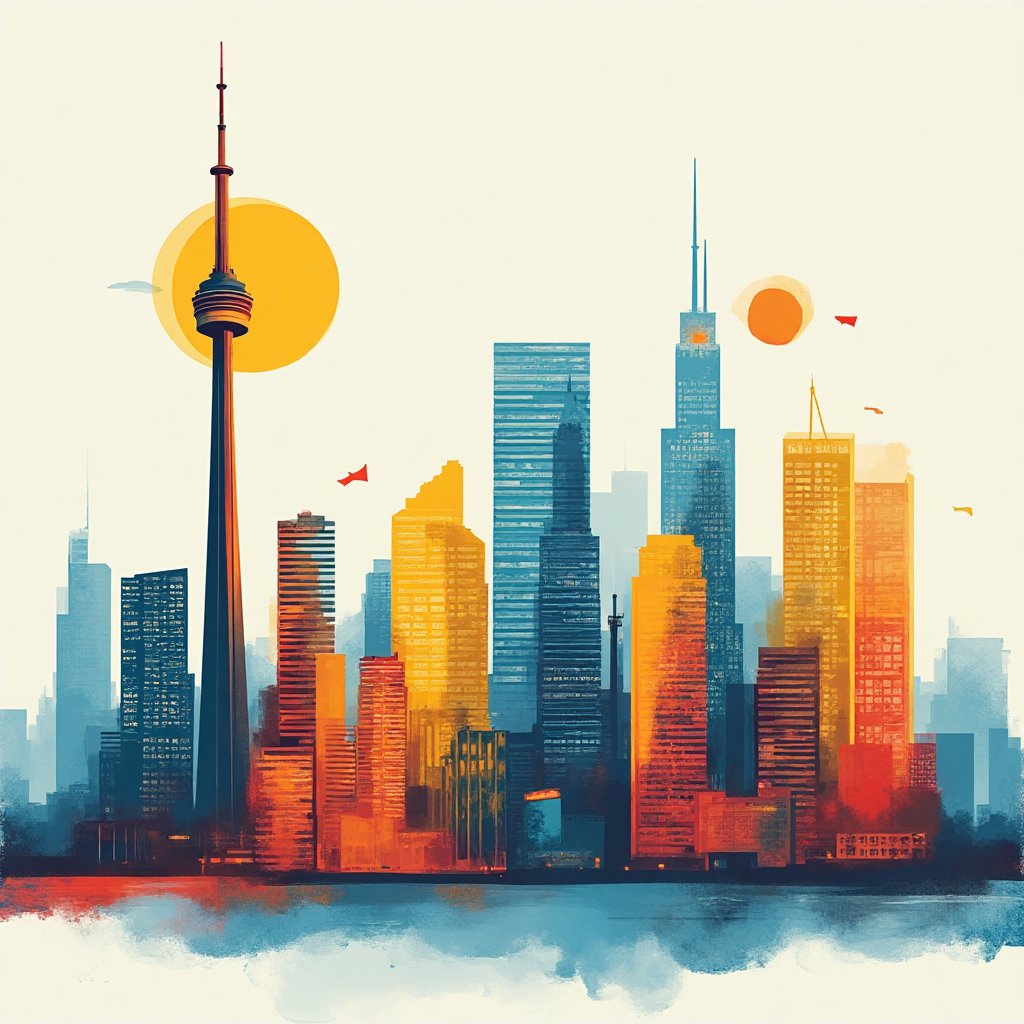
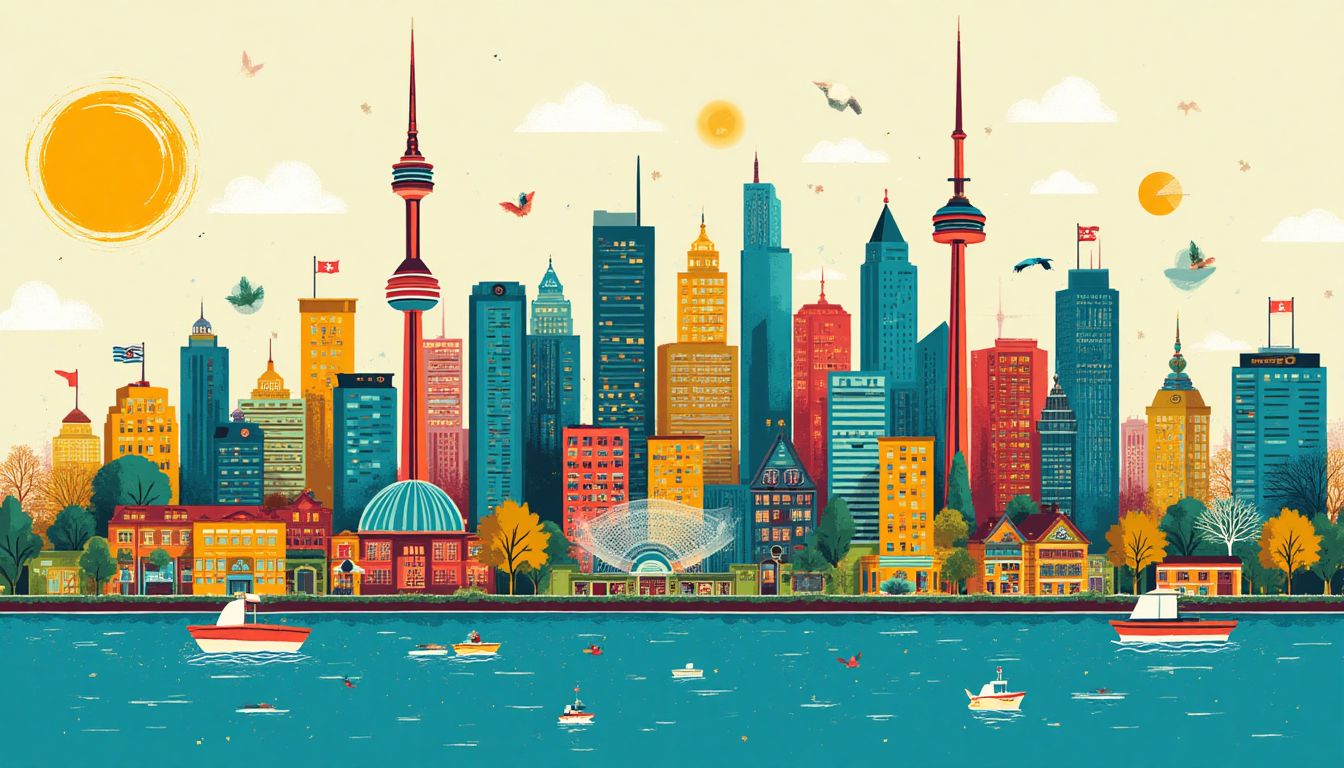
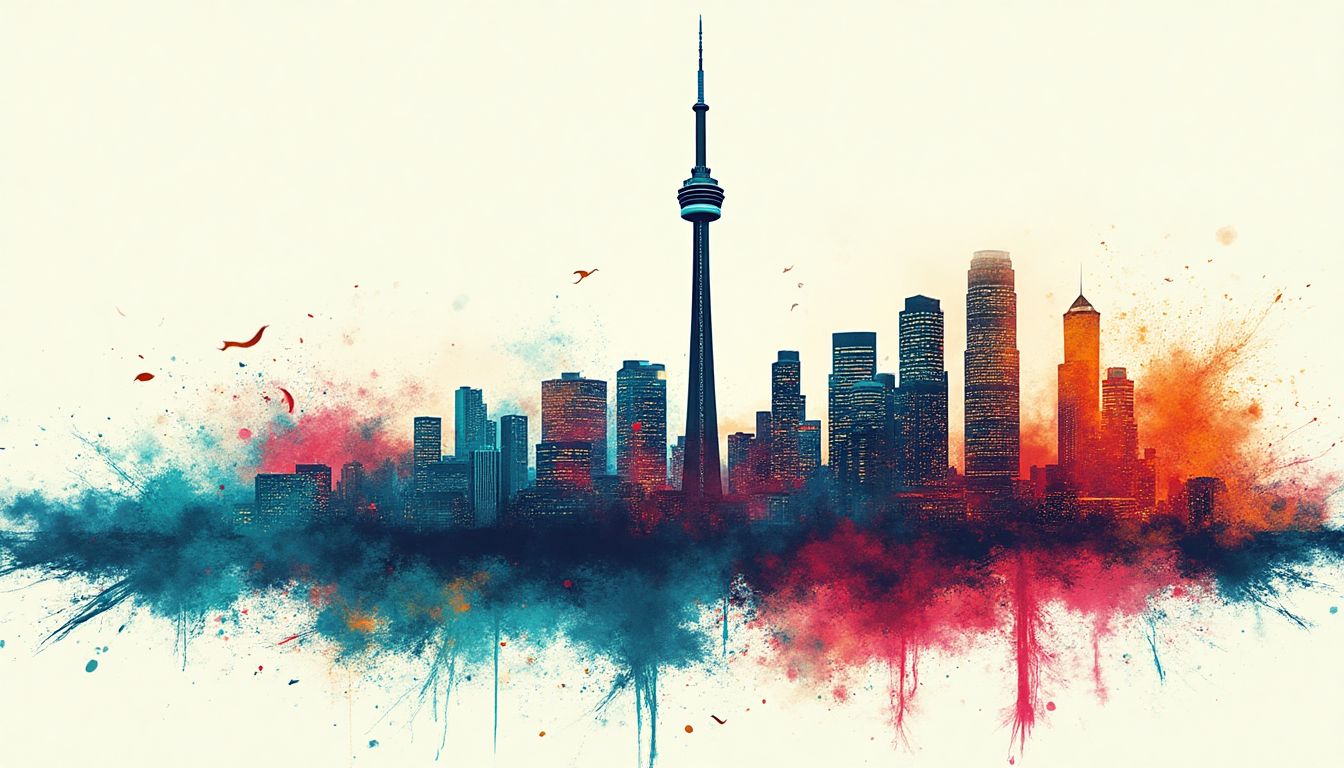
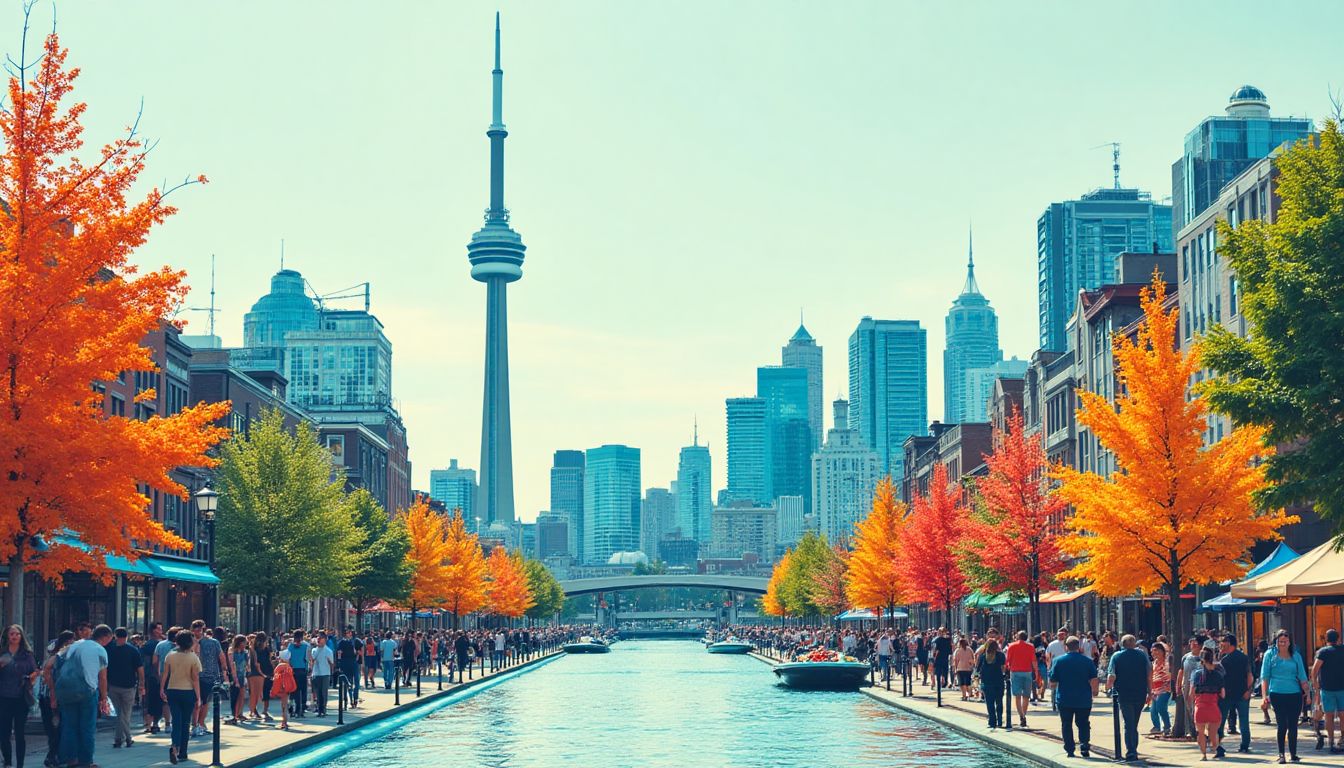
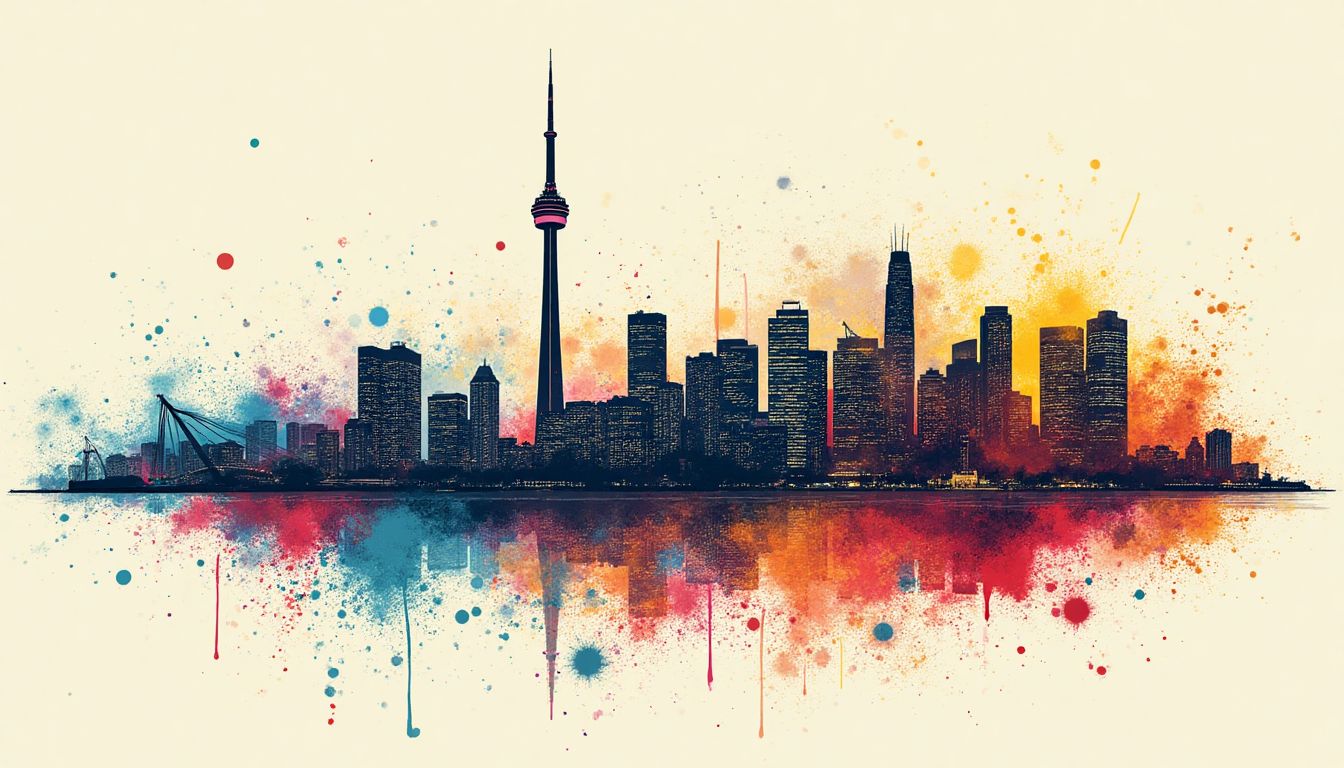



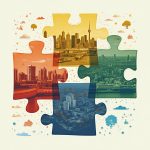




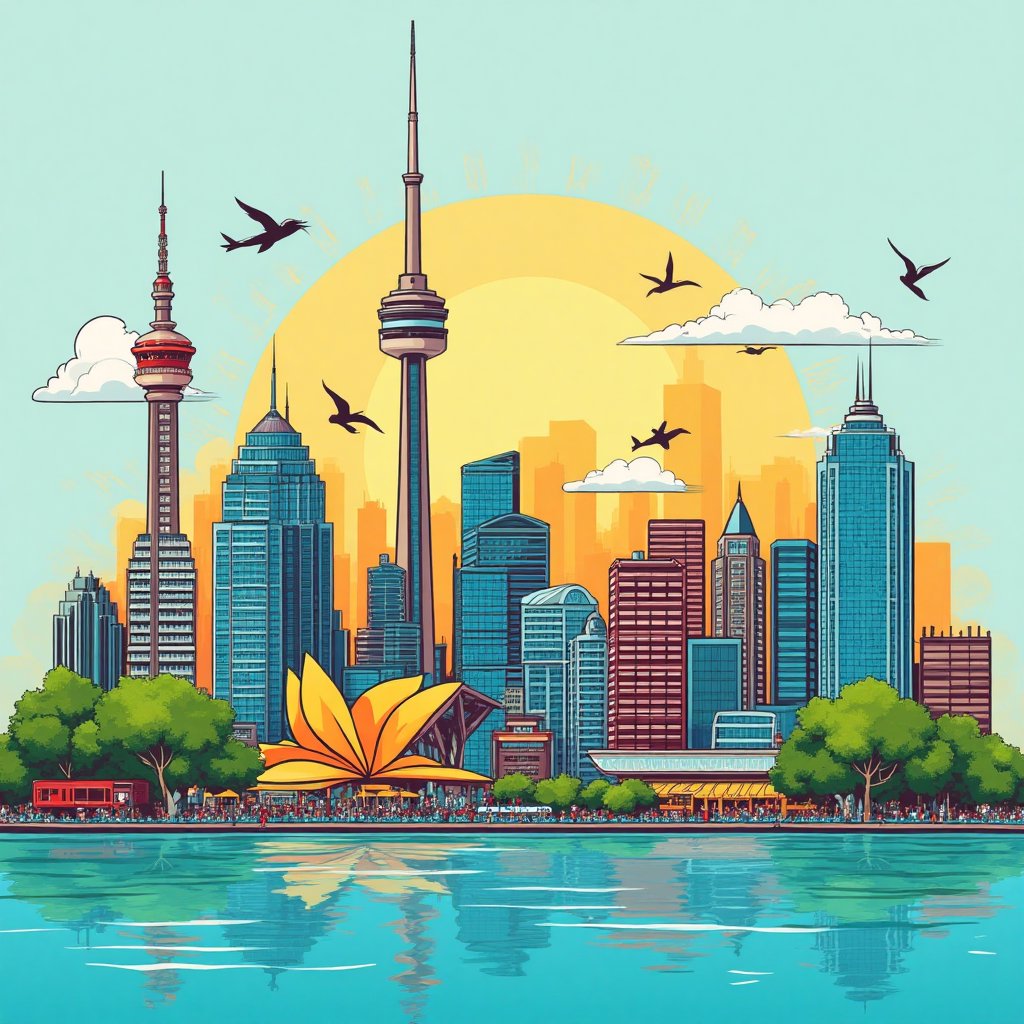















Post Comment
You must be logged in to post a comment.